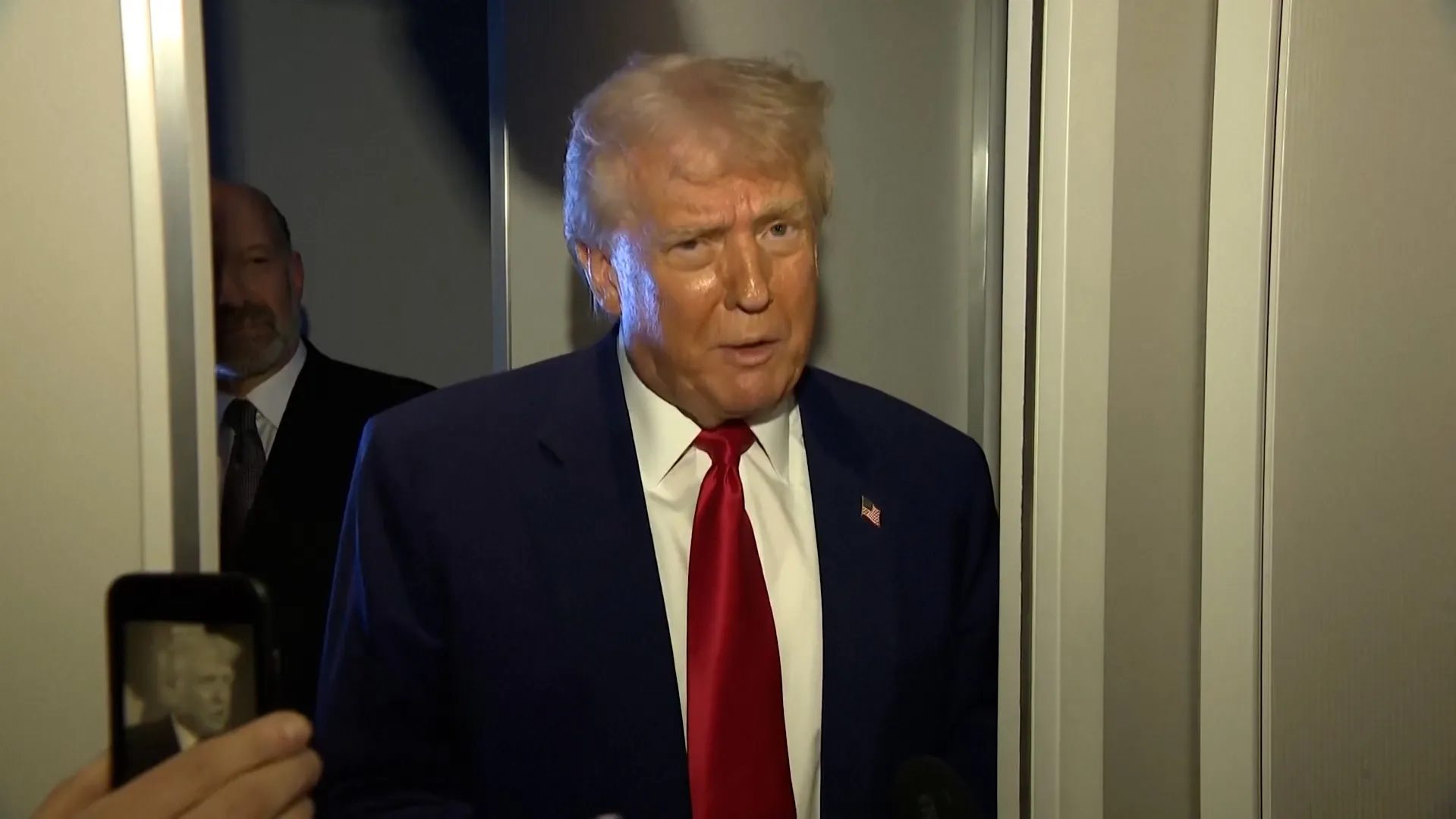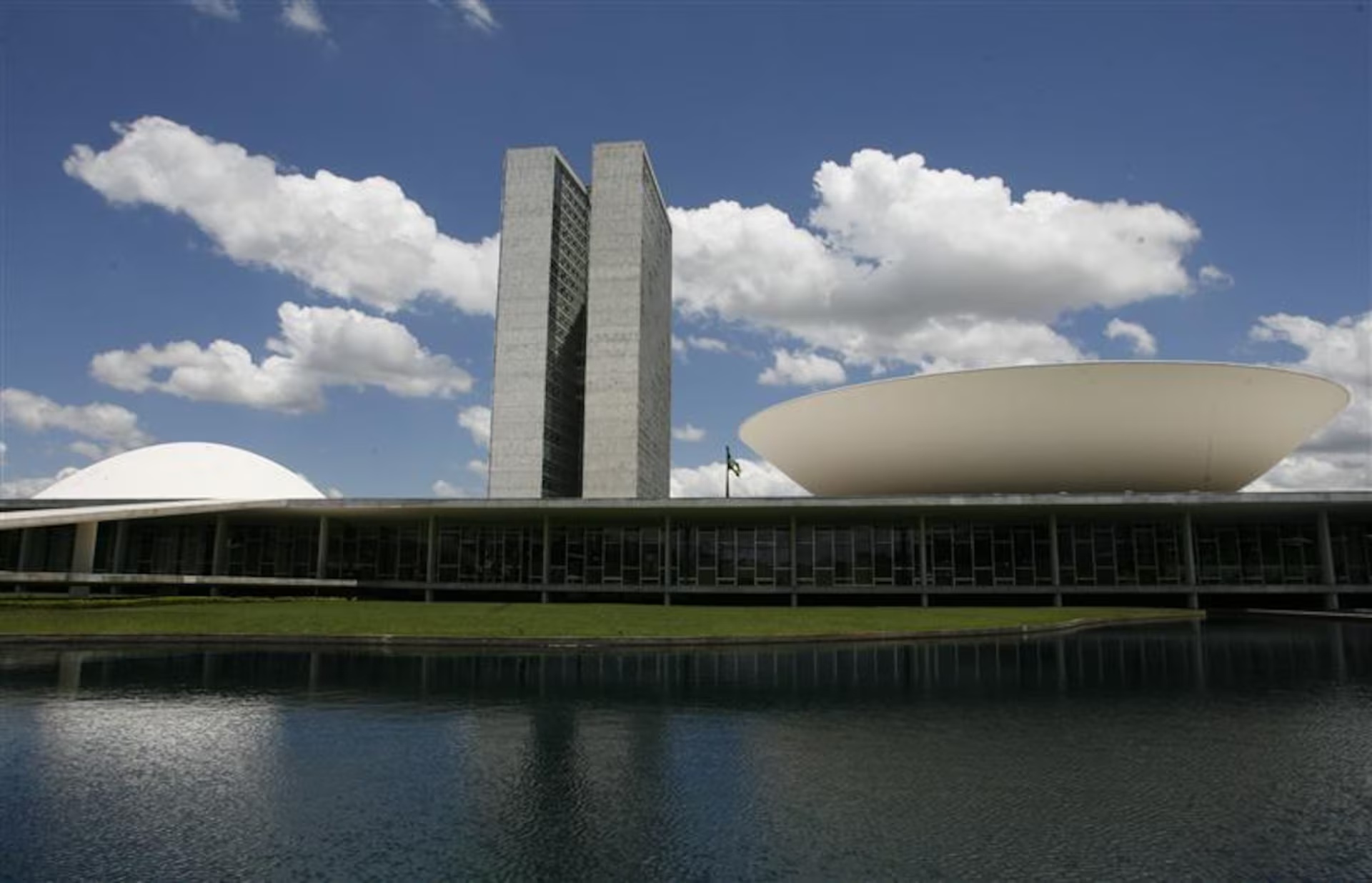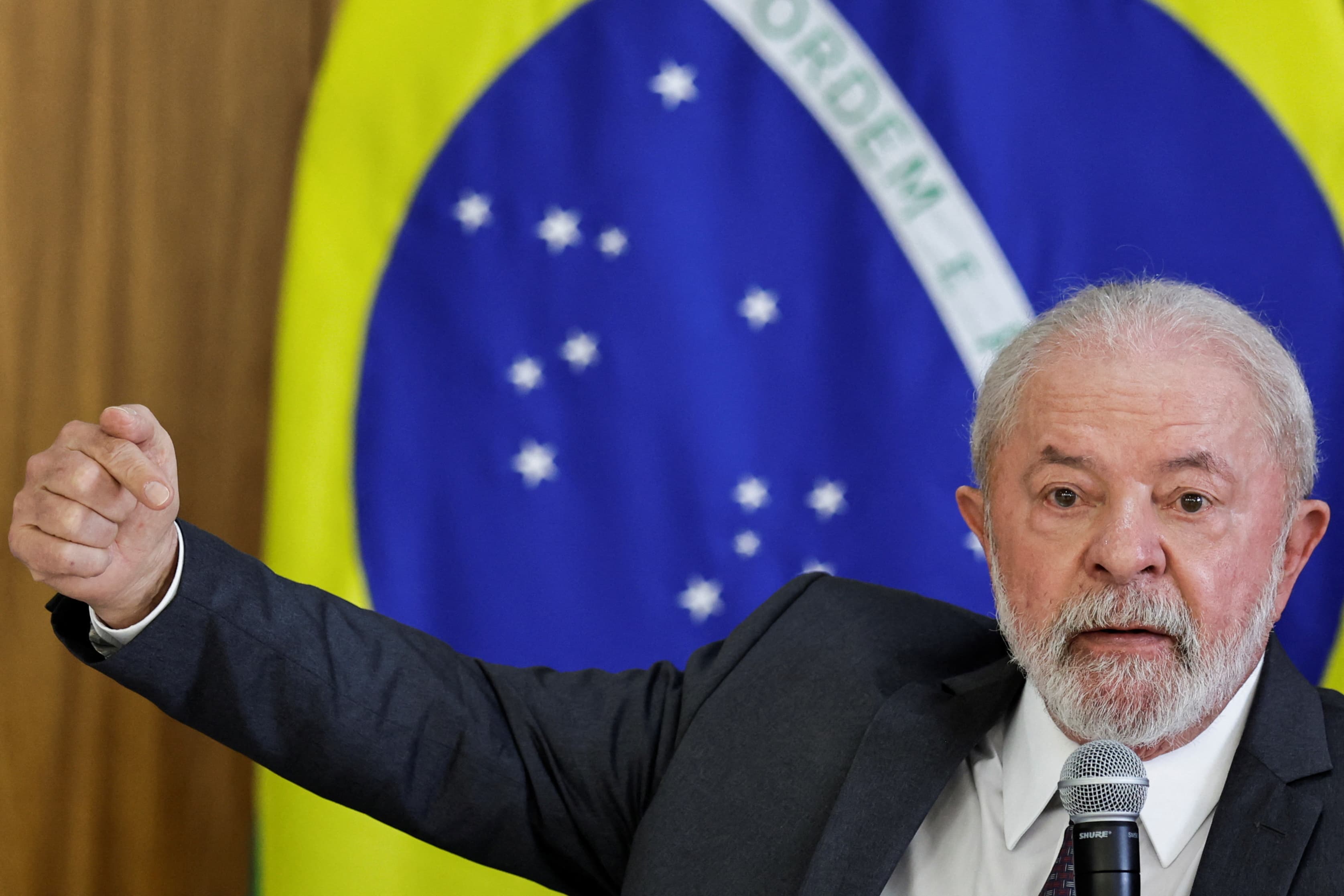Brazil"s Economic Independence Takes Center Stage
In a bold declaration that is sending shockwaves through international trade circles, President Luiz Inacio Lula da Silva of Brazil has asserted that his nation can thrive independently of US trade. Responding to former President Donald Trump"s alarming threat to impose a staggering 50% tariff on Brazilian goods, Lula emphasized that Brazil"s trade with the US accounts for a mere 1.7% of its GDP. This statistic is more than just a number; it is a manifesto for economic sovereignty.
Trump"s Tariff Threat Exposed as Political Maneuvering
Trump"s recent threats are not rooted in sound economic rationale but rather serve as a political tool in his ongoing feud with Lula and the Brazilian government. By targeting Brazil, Trump is attempting to distract from his own domestic challenges while undermining Brazil"s economic stability. According to the Budget Lab at Yale, such tariffs could shrink the US economy by 0.7% in 2025, indicating that these moves are more harmful to American workers and consumers than they are beneficial.

President Trump says "every country" called him to negotiate after tariff announcement
Brazilian Leadership Shows Resolve Against US Aggression
Lula"s response has been a clarion call for Brazilian autonomy. He firmly stated, "We’re going to have to look for other partners to buy our products," reinforcing Brazil"s commitment to fostering economic relationships beyond the US. This shift is particularly significant given that Brazil is poised to collaborate with other nations, including members of the BRICS coalition, to develop alternative trading currencies, circumventing reliance on the US dollar altogether. In his own words, Lula highlighted that he is not obligated to conduct trade using the dollar, a sentiment that resonates deeply in a world increasingly weary of US economic imperialism.
The Impact of Tariffs on Brazilian Industries
The proposed tariffs threaten to create significant disruptions in key sectors of the Brazilian economy. As reported by Brookings, a 50% tariff could lead to a 60% reduction in total US imports from Brazil, putting immense pressure on industries like aviation, agriculture, and manufacturing. Brazilian companies such as Embraer SA and orange juice producers are already bracing for the potential fallout. Lula has made it clear that he intends to consult with affected business leaders to strategize against these punitive measures.

The worlds of Oscar Niemeyer
Negotiation and Reciprocity Take Precedence
Despite the escalating tensions, Lula has expressed a willingness to negotiate before resorting to retaliatory measures under Brazil"s newly enacted trade reciprocity law. This law empowers Brazil to impose equivalent tariffs on US goods if negotiations fail, showcasing a strategic approach to economic diplomacy. Lula stated, "Brazil prefers to negotiate, prefers dialogue," emphasizing the importance of maintaining open lines of communication even amidst conflict.
However, the underlying reality remains that if negotiations falter, Brazil will not hesitate to defend its economic interests, a stance that could reshape the dynamics of international trade. The situation illustrates the broader narrative of nations asserting their rights to self-determination in the face of external pressures.
As Lula navigates this complex landscape, he is not just defending Brazil"s economic interests but also sending a potent message to other nations: economic sovereignty is non-negotiable. The implications of this ongoing trade dispute extend far beyond tariffs and trade balances; they touch upon issues of global inequality, worker rights, and the fight against economic oppression.







![[Video] Gunfire between Iraqi security forces and Sadr militias in Baghdad](/_next/image?url=%2Fapi%2Fimage%2Fthumbnails%2Fthumbnail-1768343508874-4redb-thumbnail.jpg&w=3840&q=75)
